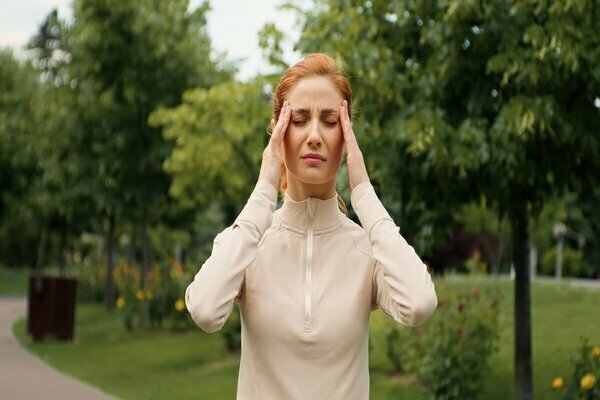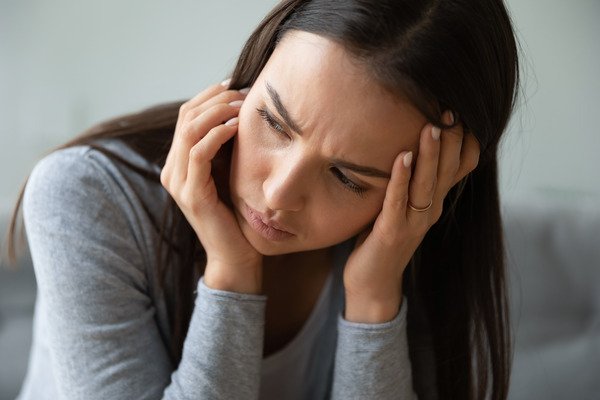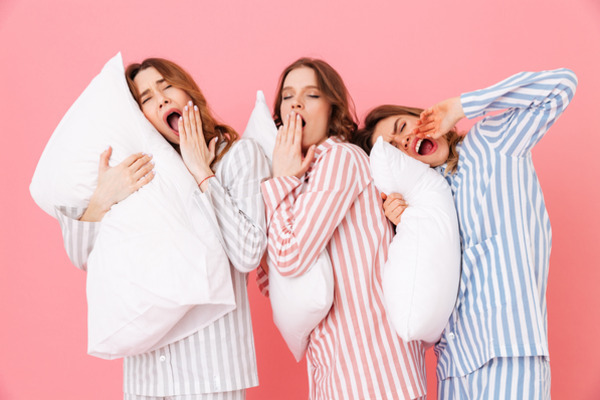Anxiety often plays tricks on us and a good rest doesn’t seem to solve it. Well, it is clear that rest is necessary but it is not the cure. But why?
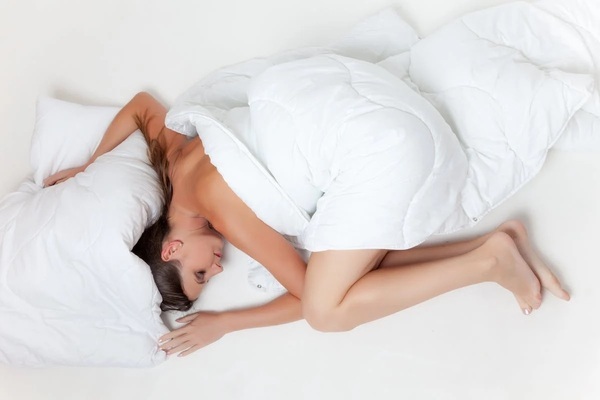
Much has been written and researched about the anxiety Perhaps you have also read a large number of recommendations to mitigate it. Although the truth is that we continue looking for external answers, compensatory actions, or better yet magical solutions to mitigate the symptoms and reduce the uncomfortable anxiety in the body. By the way, this is not the way and I will tell you why.
How do we live today?
If we ask ourselves why more and more people suffer from high anxiety and suffer from countless mental disorders and physical illnesses, the answer is known. We live in a world characterized by haste and hyperdemand, crises and uncertainty. A world where the duty to be exceeds the want to be and where productivity is synonymous with success.
We are immersed in a global scenario where changes are precipitating and remind us that life is change, although we do not always like to change. We find ourselves in times where we feel more uncertainty and it is much more difficult to feel the calm sense of stability and control. If to this context we add unfavorable ways of interpreting situations, behaviors that detract from health and a predominance of unpleasant emotions, then we give rise to turn on the anxiety alarm When we don’t hear it, it makes itself heard through the body.
The body and masked anxiety
The anxiety It is an emotion that prepares us to face an event that we interpret as dangerous for our body, our self-esteem, our well-being. This state is triggered by an external or internal stimulus, in both cases it depends on how we interpret what happens to us.
Anxiety, in its right measure, prepares us for action. When it rises above certain limits it sends us a warning signal, which is when we say “Now I feel anxious or nervous“. Here we can get blocked and even get sick.
Anxiety often comes quietly and goes away silently. But other times it stays longer than we would like. When it settles and remains over time, it undermines every part of our mind and body, like a thief of well-being.
It is well known that anxiety can lead to psychopathology, for example panic disorder, phobias, among others. Likewise, we know that it can trigger diseases such as diabetes, irritable bowel syndrome, ulcers and more.
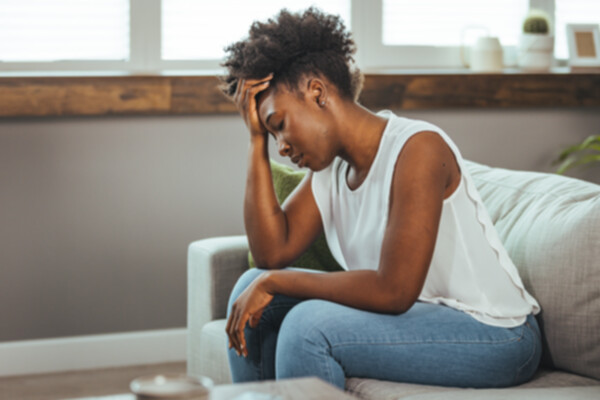
However, the high anxiety It can present itself in a more subtle and almost masked way. Body changes occur, of which we only perceive those that begin to gain a certain prominence in our day.. In addition to the clear sign of tension and irritability, anxiety can manifest in the body in a number of ways. These are some of them:
Pay attention to your body. What do you feel?
- Back and neck pain. Contractures.
- Headache
- Digestive discomfort. Acidity, heaviness.
- Palpitations, slightly faster heart rate
- Increase in respiratory rate
- Increased sweating that is not due to the weather
- Temperature changes in hands, feet and face.
- Changes in the muscles: contractures, pain, small tremors
- Tense facial expression.
- Dry mouth.
- Feelings of dizziness, nausea.
- Alternations in sleep
- Alterations in feeding. With more or less appetite.
- Feeling of overexertion. Physical tiredness.
- More hunched postures with a more closed chest.
- Skin conditions: itching, alopecia, rosacea, hives.
- Blurred vision or less vision than usual.
Pay attention to your movements. What are you doing?
- Motor restlessness. Repeated movements of feet and hands.
- To bite nails.
- Continuous manipulation of objects.
- Clumsy movements.
- You eat occasionally, smoke, drink excessively.
- Clench your teeth
- Walking faster than usual for no reason.
Pay attention to your mind. How do you think?
- Thinking faster than usual.
- Lack of attention. Frequent forgetfulness
- Negative interpretations of situations
- Doubts and difficulties in deciding.
- Rumination. Repetitive and intrusive thoughts.
- Catastrophic thoughts
- Difficulty to enjoy. Lack of motivation
- Excessive and constant worry. Anticipation.
- Not considering yourself capable of solving problems
Sometimes these symptoms are attributed to external causes such as the weather, the situation or the context when in reality these are not the only causes. This is where a high tension occurs that is not consciously registered, the masked anxiety which could become a real problem.
When is it a problem?
Anxiety at a normal level is adaptive, it helps us respond better to the demands of a situation. While the pathological one is maladaptive, it blocks us and prevents us from responding adequately to these demands, generating bodily symptoms and even forming diseases.
The anxiety is high and sustained over time it is lived in different ways. There are people who become aware of this state and are seen walking quickly, biting their nails, speaking quickly and irritable. On the other hand, other people seem to take everything calmly without noticing the high tension until the bodily symptoms appear.
So when does it stop being adaptive and become a problem? The clinical criterion is that the anxiety is too intense, frequent and that it represents a problem for the person who suffers from it, limiting normal life and well-being, in these cases:
- What you should do is evaluate the causes of anxiety and make changes. It is recommended to have professional help and guidance. Nowadays there are effective treatments for the problems caused by anxiety.
- What you should not do is normalize and justify high anxiety, or self-medicate. It will also not be good to resort to placebos or palliative practices such as resting more as a remedy for anxiety.
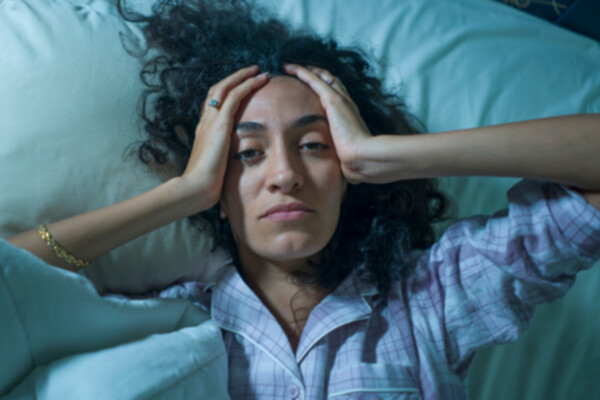
Beyond a good rest
When we feel anxiety We tend to think that we need more hours of rest, a day off or a vacation. Good rest is part of healthy habits, although if you understand it as the only compensatory action to mitigate anxiety, you are on the wrong path. So, rest is not the cure but why?
It is known that getting a good night’s sleep significantly reduces anxiety and stress because the body relaxes. In restful sleep, growth hormone is secreted, memory is consolidated, muscles relax, breathing and circulation are slower, among many other necessary actions that our body performs. But if the tension is excessive day after day, rest is not enough to adjust this imbalance.
So, we can convince ourselves that rest is the solution to anxiety but our brain does not agree with it. The truth is that rest is necessary but many times it is not enough.
The 4 “don’ts” for anxiety
High anxiety often tells us that we are living a life that we do not want and that is not good for us. You must listen to his warning and remember:
- Do not naturalize anxiety. Anxiety gives you a valuable message that says: “Hey, the rhythms you follow are out of step with what your body and mind need to live with health and well-being.“.
- Don’t look for external answers You must know yourself and the causes that produce excess anxiety and find a way to modify and interpret them.
- Don’t use rest as a palliative. Good rest and relaxing activities will be valid if they add positive moments and healthy routines. But they will not be valid if you use them as a stick to compensate for the imbalances caused by a bad way of acting and thinking in life.
- Don’t resort to magic solutions. Quick and palliative solutions, hopefully, will only give you a momentary respite, but if you do not make qualitative changes in your life, anxiety will be the alarm that tells you that you are going down the wrong path.
Finally, do not justify bad living. Make the necessary changes. Going to a professional guide is always a good option to get to know yourself and find more effective ways to make the changes you need for a full life.


